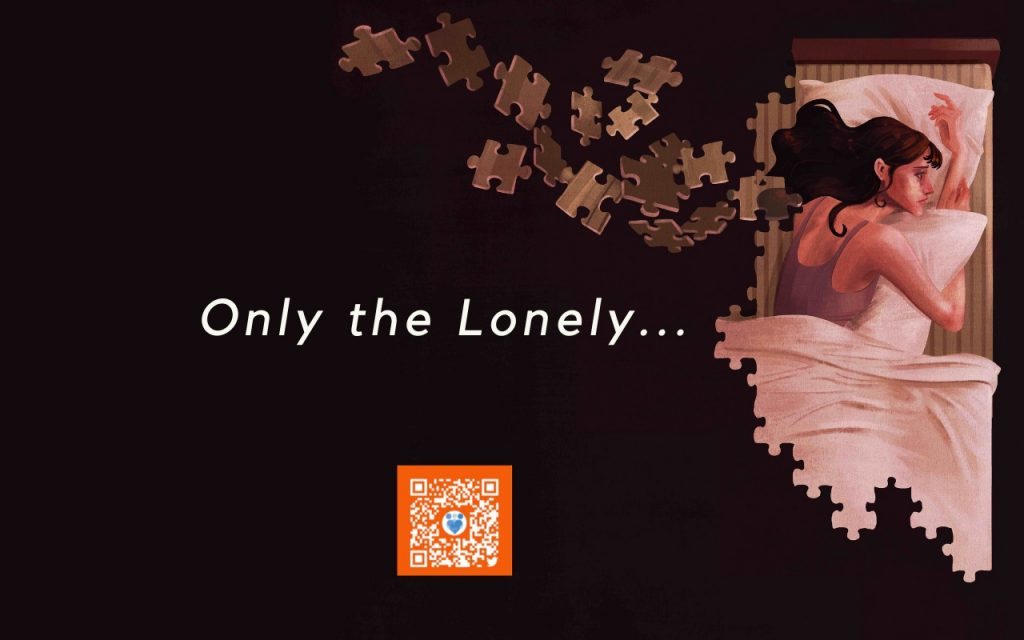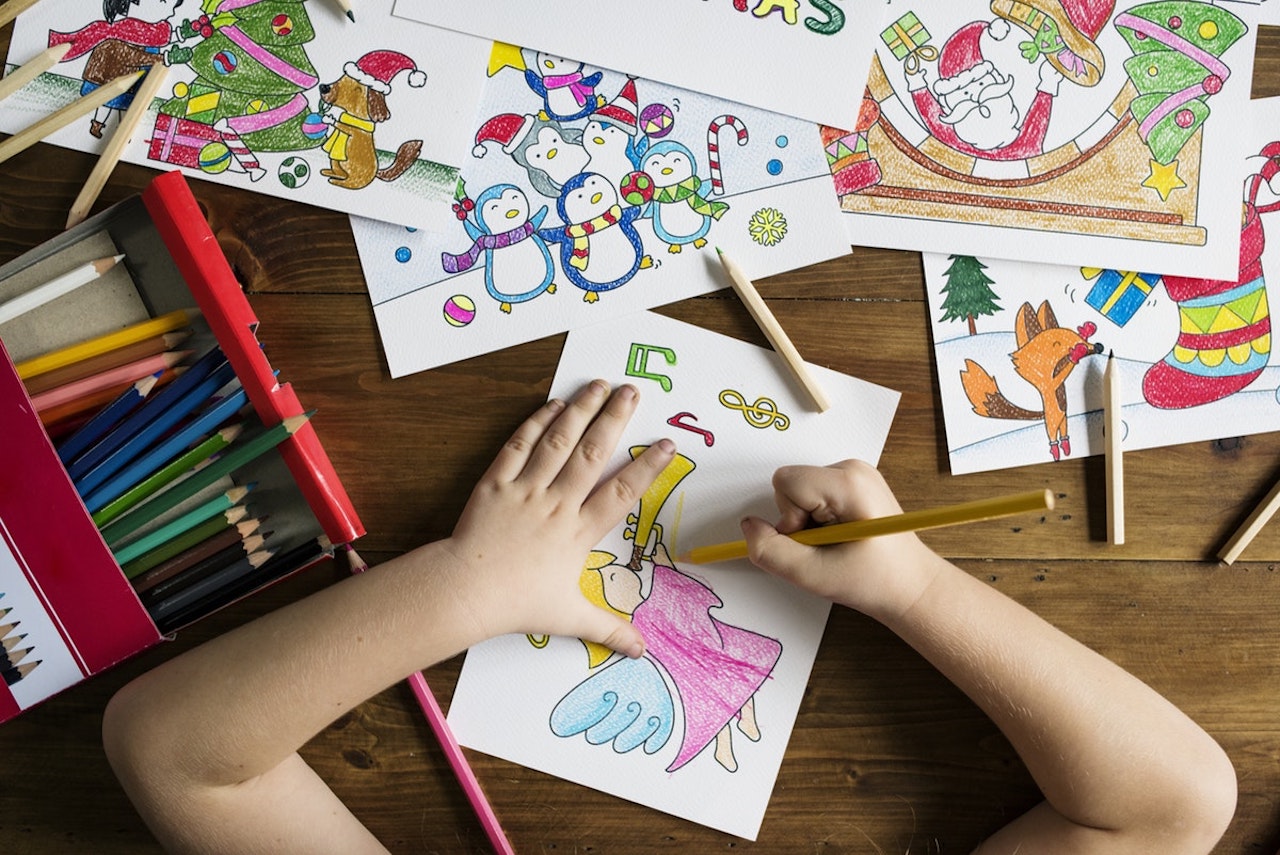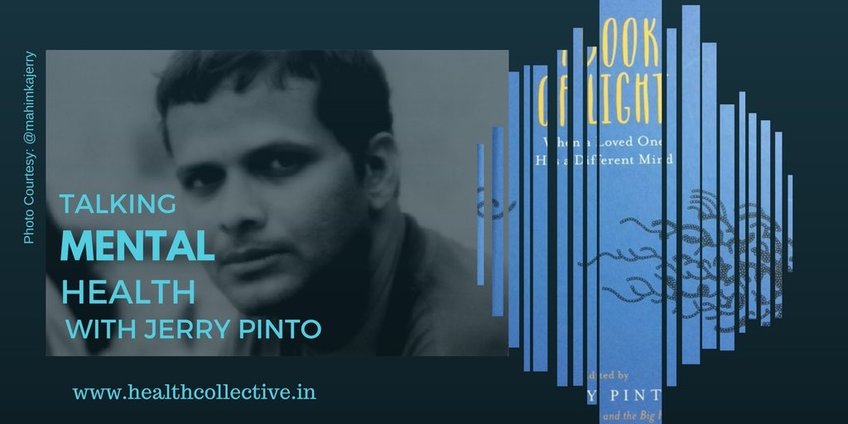Social Connection: Friendship and the Bonds that Help us Overcome
By Sukanya Sharma
During the lockdown last year in 2020, we were all cooped up in our homes. Some alone, some stuck with family and some with friends. The uncertainty of the times around us was a wake up call for most of us who looked around for support in friends and family. The importance of having a close social circle to depend on became more and more apparent, especially since we got some time to slow down and reflect on our relationships. For me, I looked to my friends for support. With so much of our lives virtual and dependent on foundations of what we’d already built, much has changed with our own definitions of friendship (not to mention how we build and maintain our relationships).
As a kid I remember one of my first few memories was me spending a lot of time outdoors with new friends — one of the first few memories I have from my childhood is that of me being in a park making figurines with muck while I befriended another kid who seemed just as interested in muck as me. In my memory, that was the first friend I made. Since we moved around a lot as a family, my idea of friendship was not based on a person, but more on an experience Friendship was temporary. BFFs? I never understood that. I understood how important people were in your lives, but I believed a relationship could just as easily end as it could form. So for me companionship became something that was to be enjoyed simply in the present. Over the years, as I grew up and forged new relationships, I realised there were other ways people perceived friendship and other social connections.
Someone like me may view friendship as temporary yet profound, but Diya Sarkar, another millennial, views friendship as a relationship that is built on no prerequisites and is very close-knit. She tells The Health Collective, “Close friendships come so rarely in our lives and it’s impossible for me to think of a life without them. It would break my heart if I lost a close friend. It would hurt more than the loss of a romantic relationship. I can be completely myself around my close friends. A lot of times parents may still not understand you but your close friends stick through your journey of discovering yourself.”

Over the years there have been several studies to show the benefits of healthy relationships in our lives. In fact, a meta-analsysis published in PLOS Medicine Journal in 2010 talks about the relationship between healthy social connections and mental health, following which more research was conducted on the subject. In 2020, writer and author Lydia Denworth published a book ‘Friendship: The Evolution, Biology, and Extraordinary Power of Life’s Fundamental Bond’ mentions how close friendships help us thrive. In one of her interviews with NPR, she says, “Very few people understand that your social relationships can actually change your health. They can change your cardiovascular system, your immune system, how you sleep, your cognitive health. How could this thing that exists entirely outside the body affect whether you’re likely to catch a virus? And yet that’s exactly what we now know that social connection does. We thought of loneliness as this difficult emotion, but just an emotion. And we think of friends as this lovely thing — but it is actually a matter of life and death. And there’s this evolutionary drive to connect. People think all the time about competition and survival of the fittest, but really it’s survival of the friendliest.”
How can social connections have such an impact on our lives? I ask Dr. Bhavana Gautam, an integrative health consultant, counselling therapist and transformation coach working in Mumbai. “Adolescence is an important period in our lifetime as that is where our personality starts getting shaped. This is also an age where a lot of autonomy is experienced and kids start self-reflecting on questions like ‘Who are you?’, ‘What are your likes/dislikes?’ she tells The Health Collective.
The way kids react to their social environment in this age can be reflective of how they would do as adults. And it becomes extremely important for parents to know and understand how to navigate their children through different relationships and emotions through this stage.
Mehboob Abubakr, resident of Mumbai and parent to a 12-year-old daughter, tells us how he manages to understand and help his child make better decisions at such a young age. He says it is important to have children think independently in understanding what is right/wrong morally/ethically by constant dialogue. Addressing their concerns, questions, talking about their friends and the relationship they share with them, what they discuss at school and gatherings gives an important insight into their thinking. He says gentle suggestions in these conversations can go a long way.
Mr. Abubakr is a voracious reader and he believes inculcating good reading habits at a young age can be extremely beneficial. “Subscription to good journalism like The Caravan magazine, healthy debates at home on current issues teach her the importance of critical thinking.” But in a world with constant distractions and stimuli, how can we be sure the child is safe and making the right decisions?
Mr. Abubakr says this education starts at home. He says one of the biggest fears for parents is knowing that “sometimes social environments are dictated more by a social circle from the child’s school, which is sometimes forced and is not organic. This may involve a lot of adjustments. The fear that the child will be influenced by a thought process contrarian to our principles. Teaching them to look for red flags of communalism, casteism. Exposure to correct reading materials, teaching by example and a healthy home environment is crucial.”
While adolescents struggle with the changing pace of the environment, millennials too struggle with the same. Is it easy making friends today? We have an app for everything, and even for finding friends, but how successful are these new-age friendships?
I ask Dr. Gautam, if she’s had clients come in with issues regarding forming connections and she says, “Some come to me to talk about whether they can find meaningful friendships. Today friendships are more transactional than meaningful. Most of our conversation happens in text so we’ve forgotten the concept of subtlety. There’s less understanding of social or non-verbal cues or even body language; everything is at face value. These apps also create abandonment issues as it’s easy for people to move on to someone new. However, one of the pros of technology is that more and more young people are inclusive of new cultures and people, it’s easy to connect with people with just a click.”
Those who had difficulty in socialising in their younger years might find this new environment even more challenging than those who are able to adapt to change. While parents curate healthy social environments for their kids, how do millennials navigate healthy social connections in this world of chaos? With our world changing at such a rapid pace, who has a quick fix for our damaged hearts?’
ALSO READ:
Feature Image by rawpixel.com


